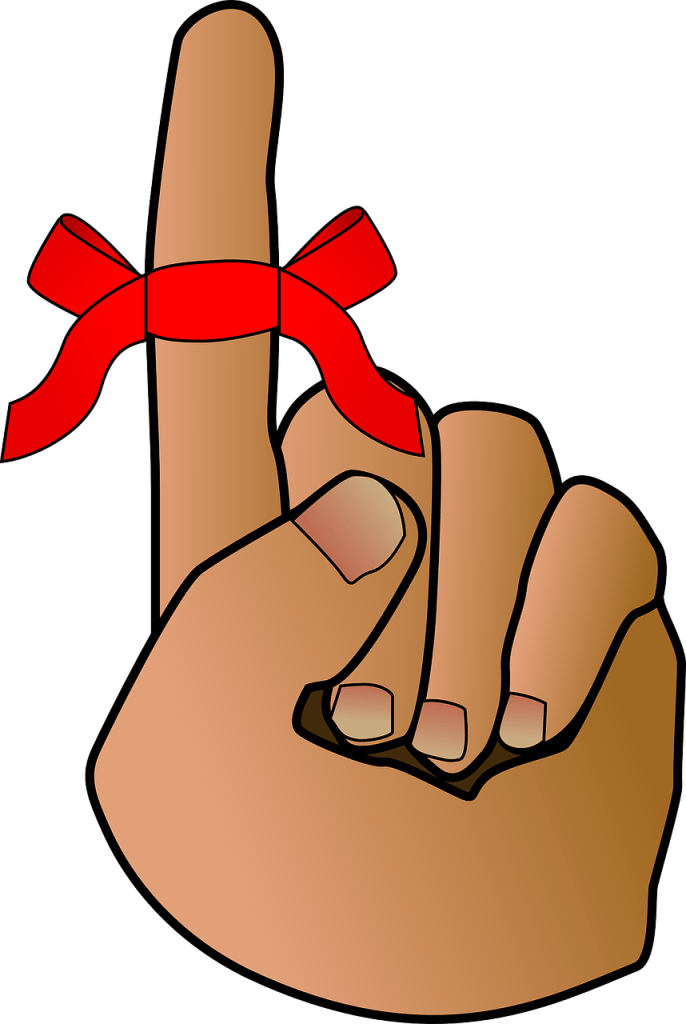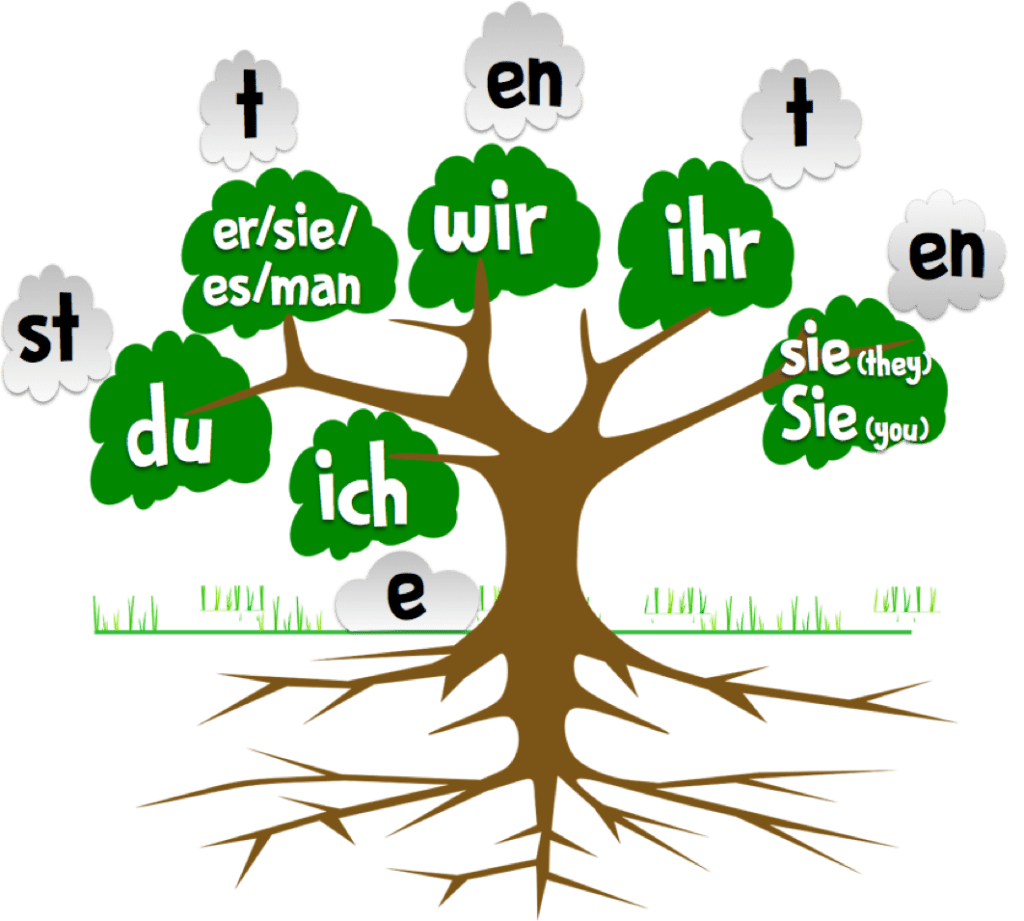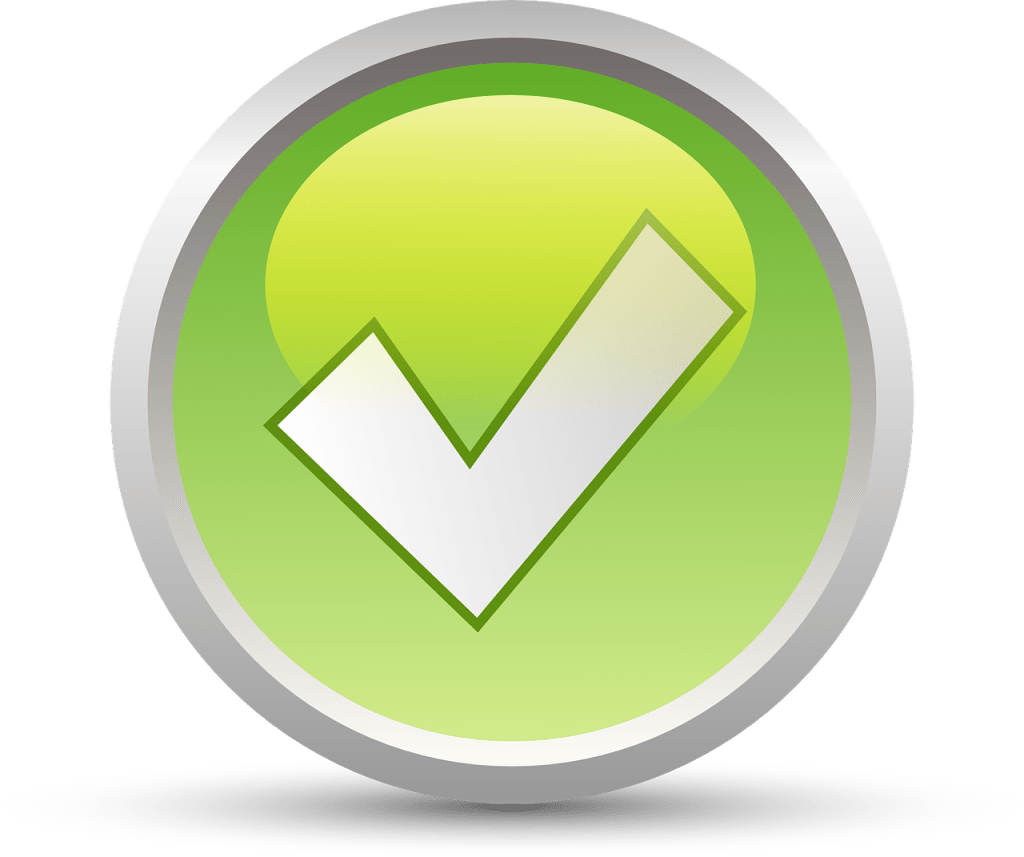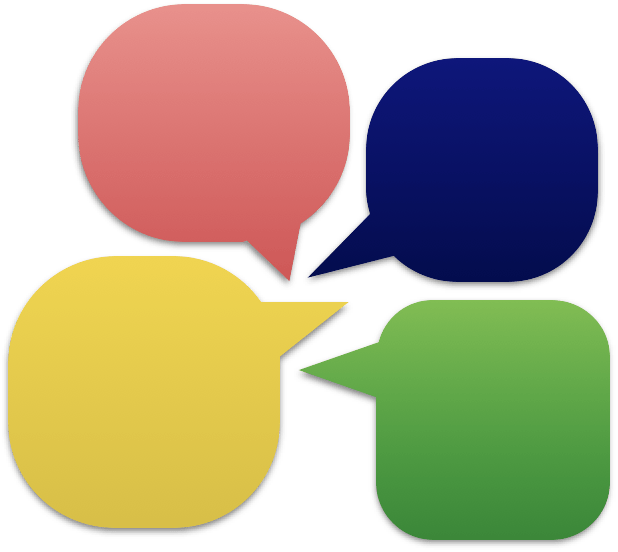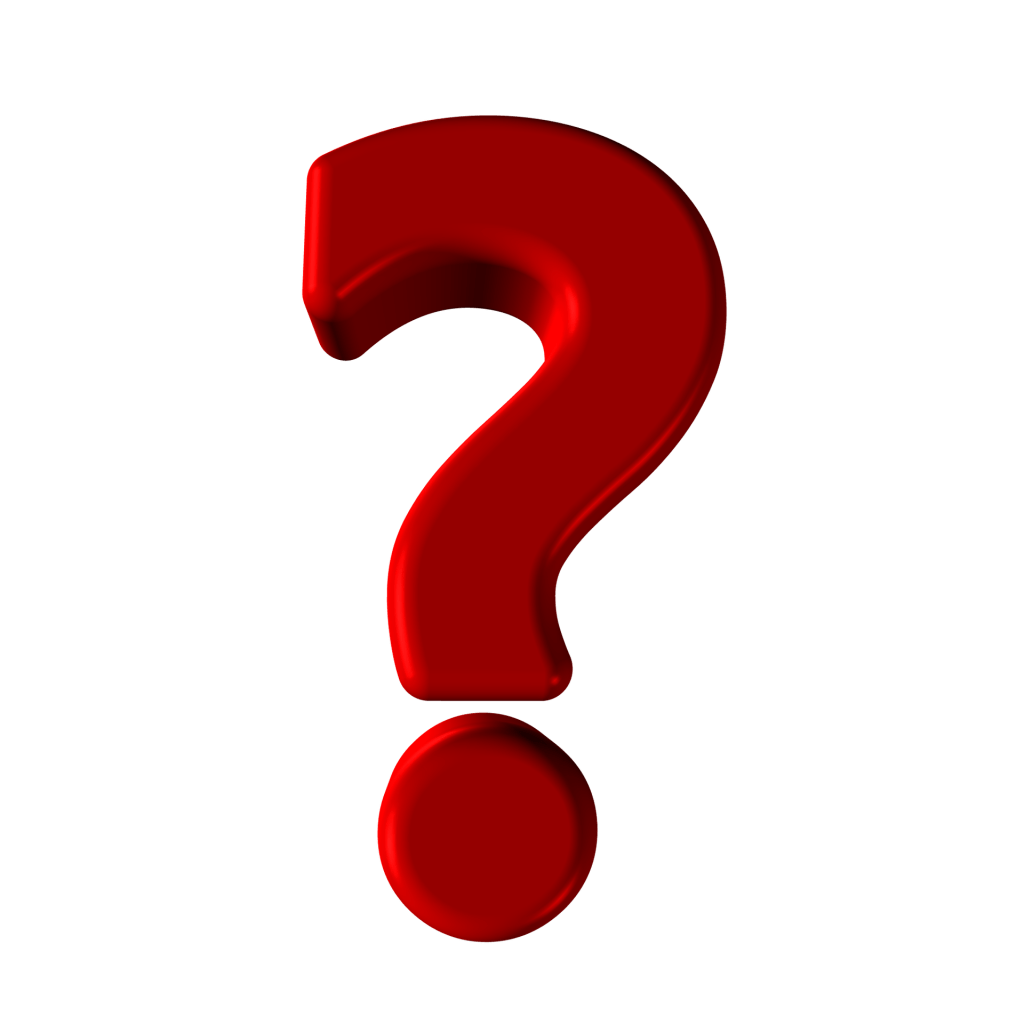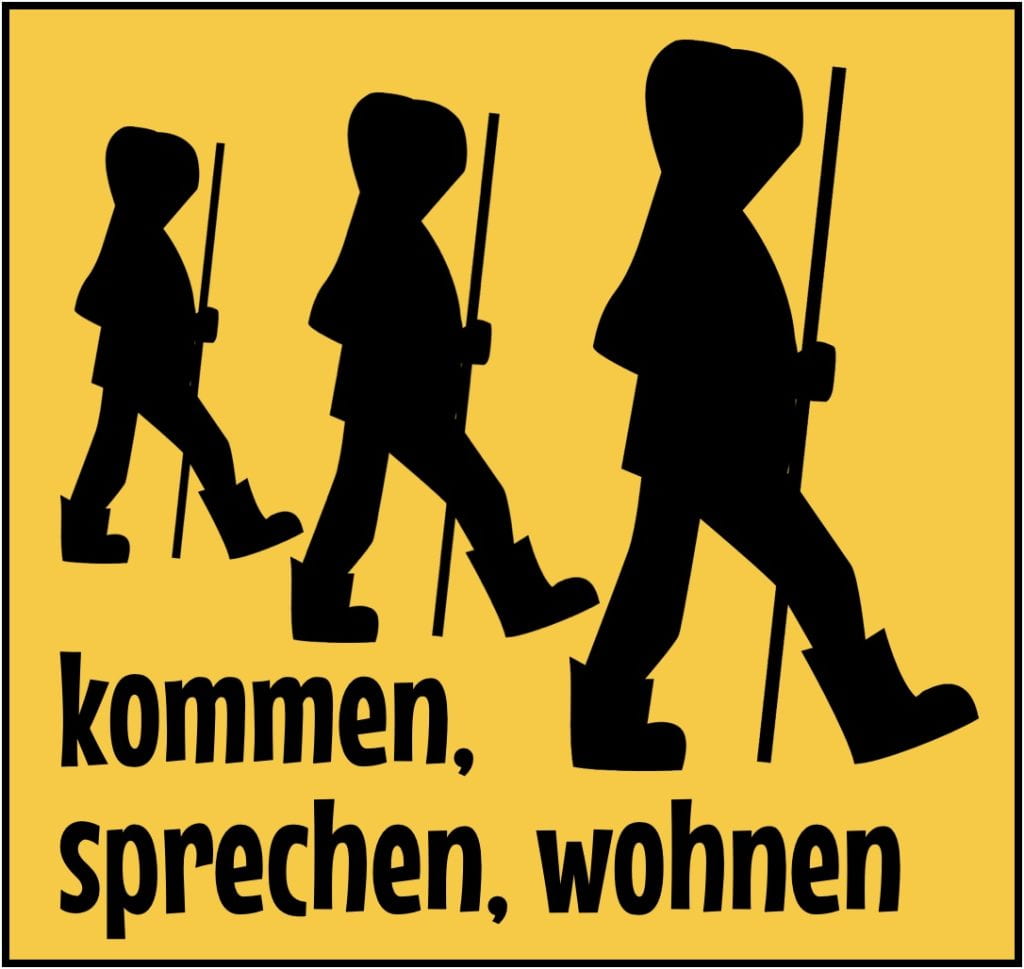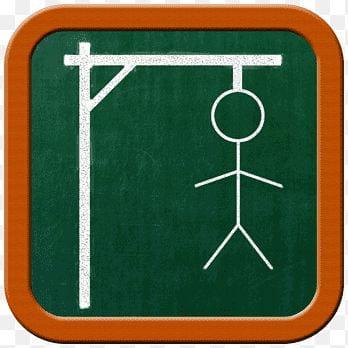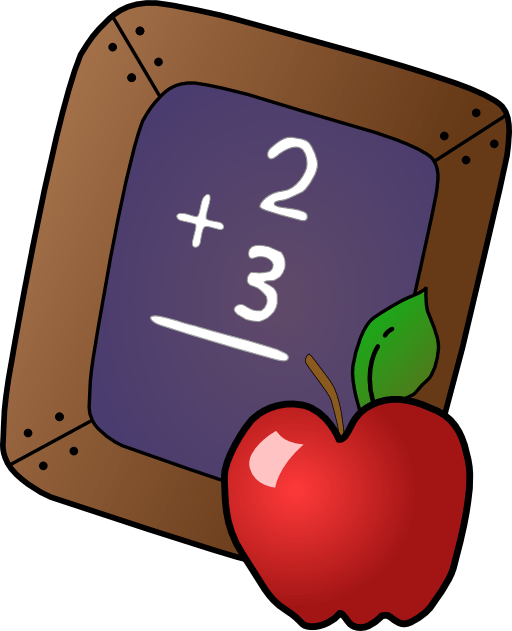Posted by Roslyn Green, September 2022

Multiple Choice Quiz: Talking about School Subjects 
This quiz provides sentences for describing your timetable and your attitudes to school subjects.
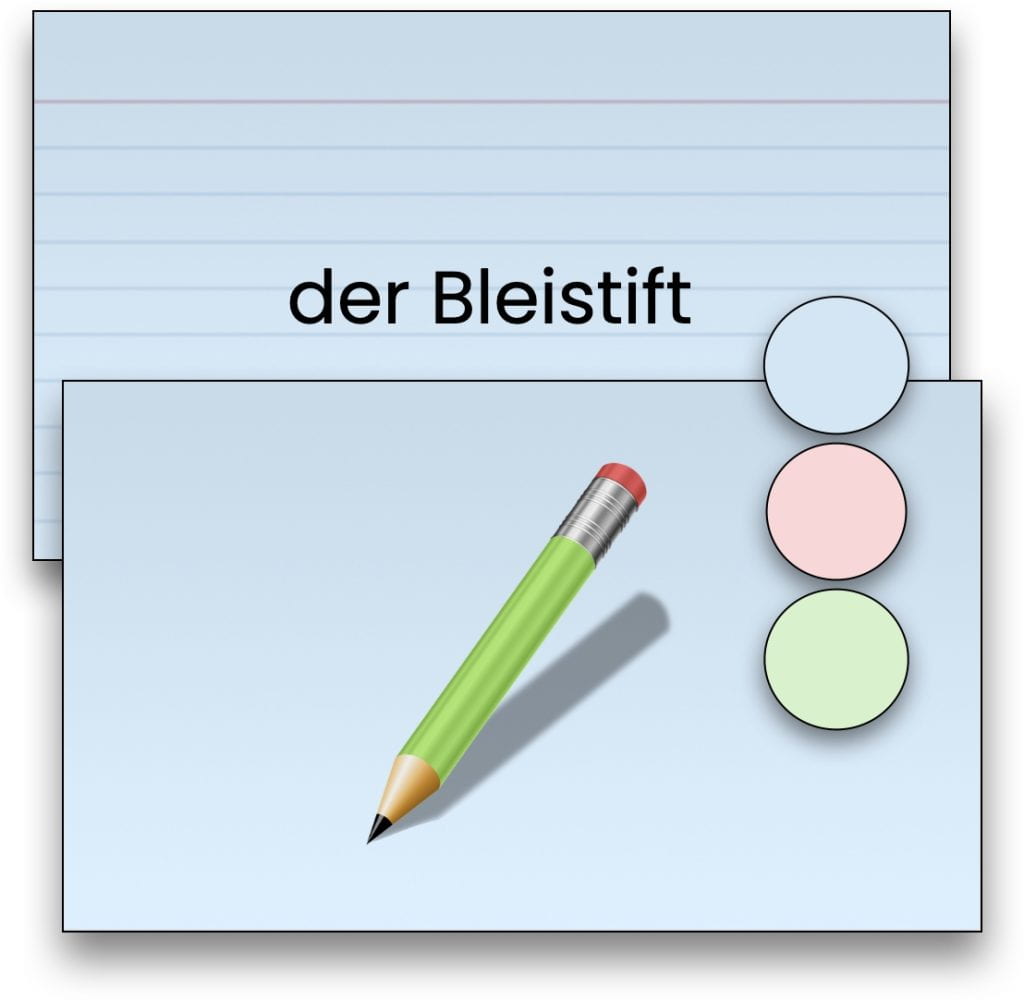
Colour-Coded Flippity Flashcards with a Matching Game 
Learn school vocabulary by working through these gender-coded cards. Then click on “Matching” to test your memory.
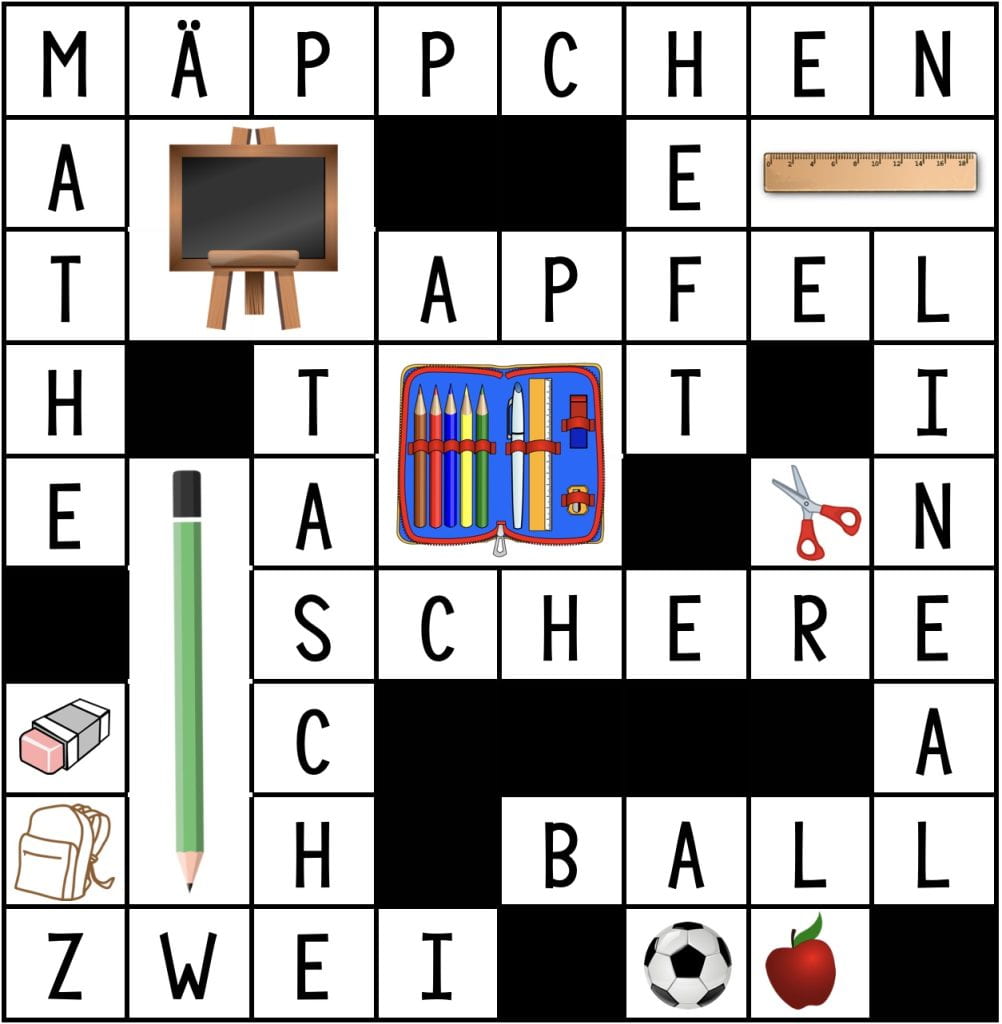
Crossword: German Words for the Classroom 
The clues are in German, but there are pictures to help as well. Click on the light bulb to revise the vocabulary.
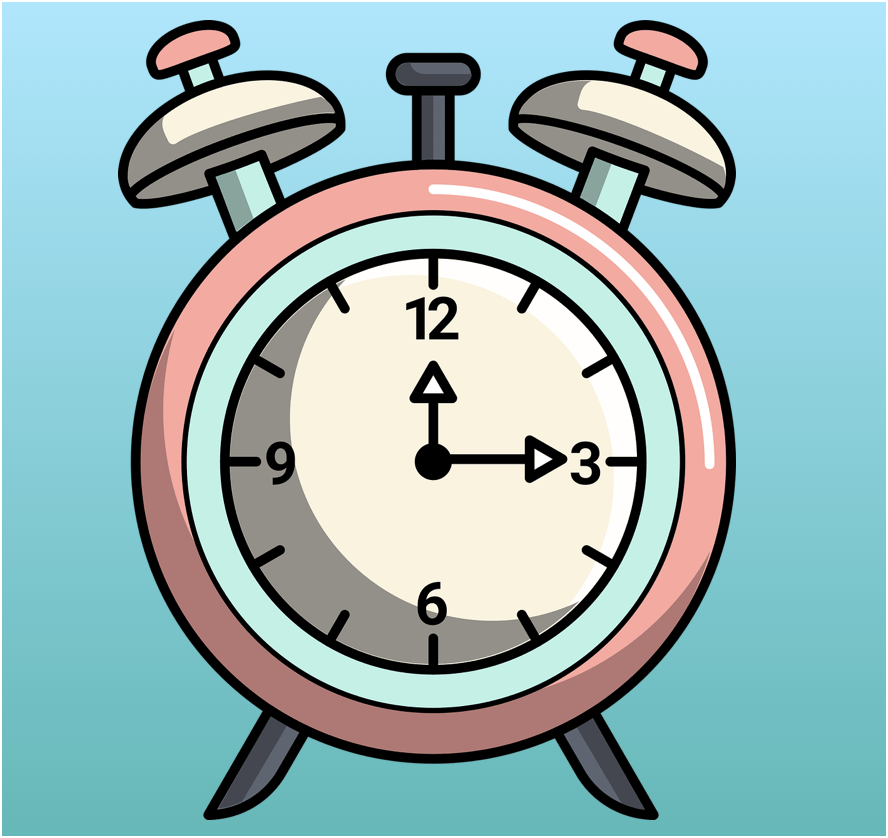
Multiple Choice Quiz: My School Day 
Select the right sentence to match pictures about your school day, from waking in the morning to sinking into an exhausted sleep at night.
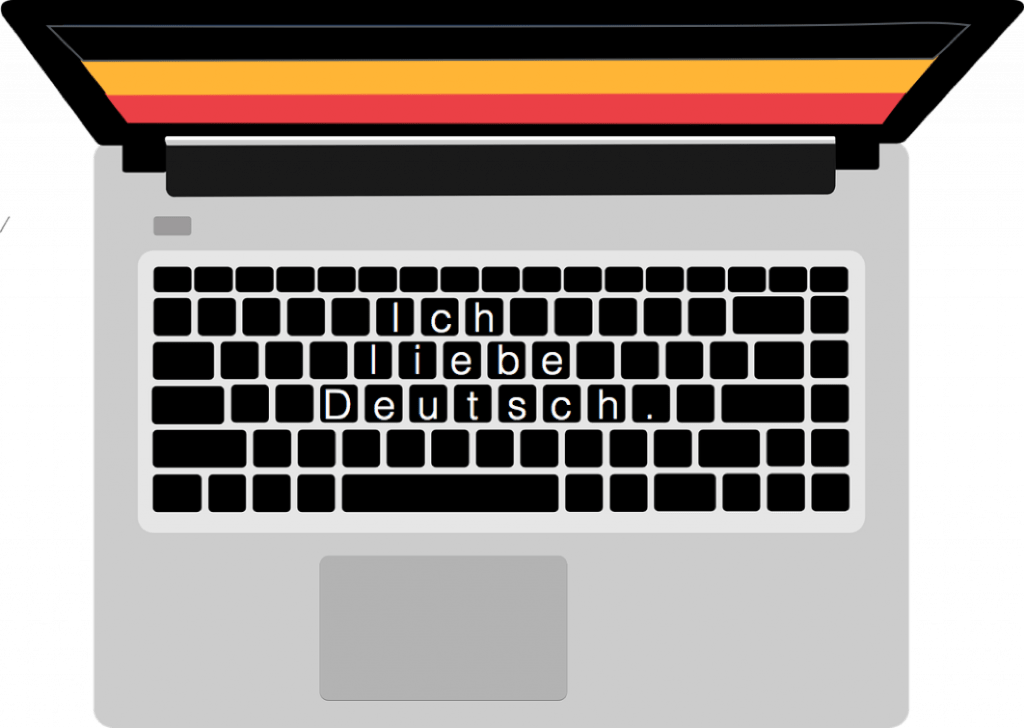
Crossword: Classroom People and Objects 
The crossword has a key word, along with pictures to help you decipher the German clues.

A Vocabulary Quiz: In der Schule → At School 
Use essential nouns, verbs and adjectives for talking about school in sentences.
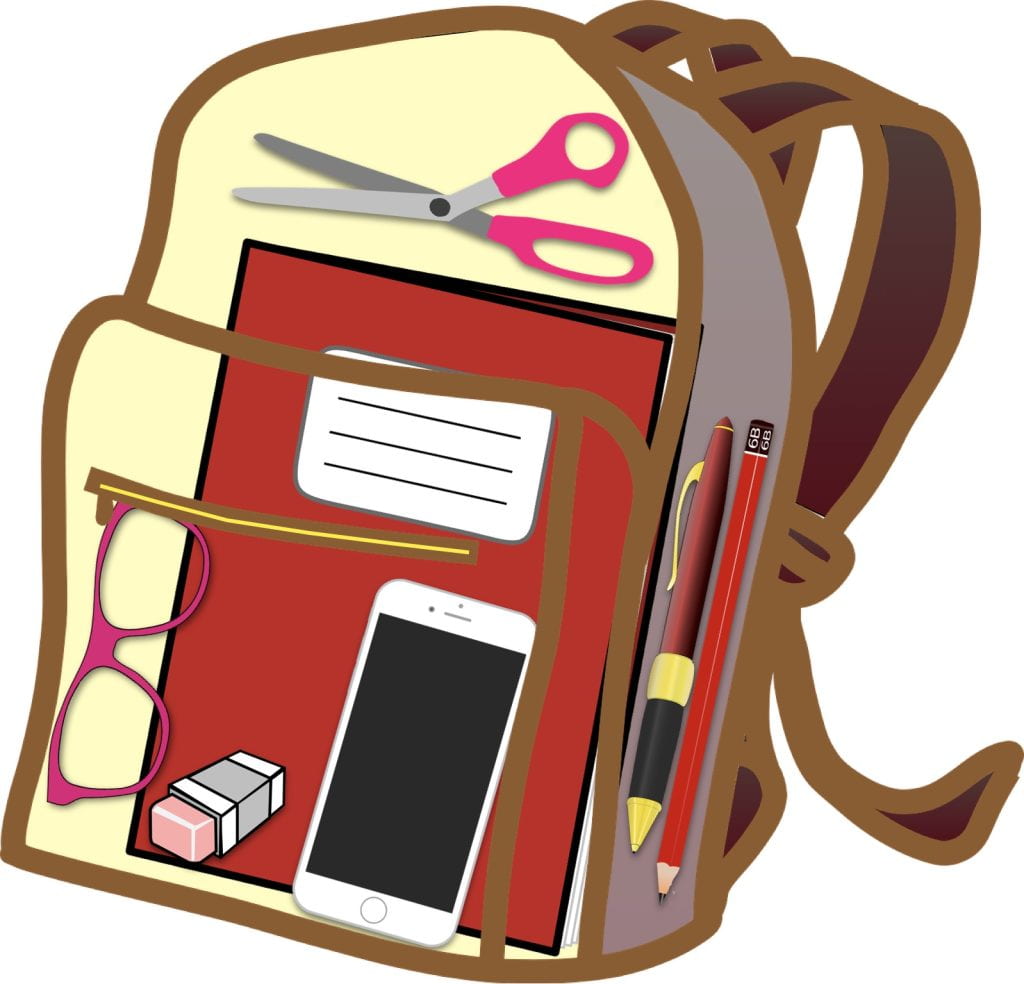
A Picture Quiz: What is in my schoolbag? 
Learn the names for all the objects in your school bag, along with their genders.

A Pin and Label Quiz with Speaking Clues: Schulsachen → School Stuff 
The pins are colour coded, so that you learn the genders as well as the names of objects.
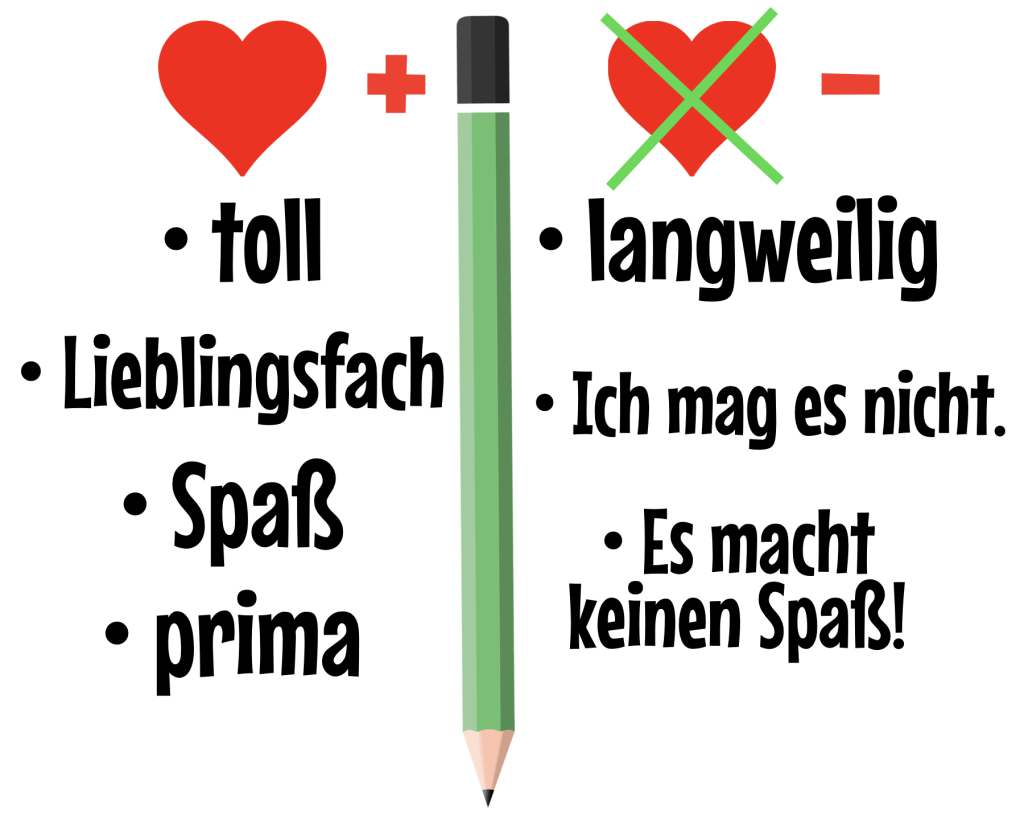
A Fill the Gap Quiz: Mein Schultag 
This quiz contains vocabulary questions about attitudes to school subjects, events in a typical school day, and some revision of German word order.

A Pin and Label Quiz with Speaking Clues: What is in my schoolbag? 
This quiz is embedded below. Just click on the pins to begin labelling. Click on the ⓘ buttons on each label to hear a description in German.
